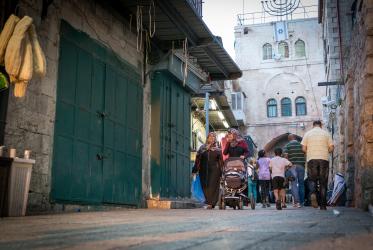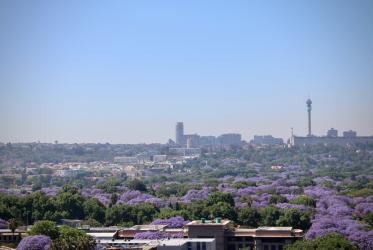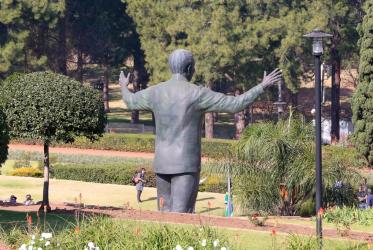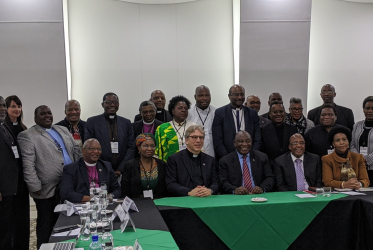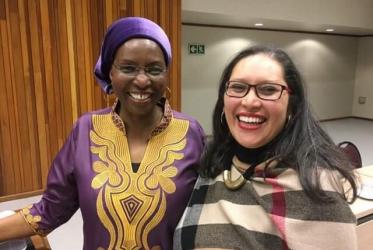Displaying 1 - 20 of 61
Ukraine: Responding to humanitarian need
08 September 2022
WCC delegation meets with South African President Ramaphosa
09 December 2019
Churches in southern Africa stand against violence, xenophobia
10 October 2019
A moment in ‘Time’: an interreligious vision in Erlangen
20 December 2018
#WCC70: Children in the Ecumenical Movement
20 December 2018
All pilgrim routes lead to COP24
11 December 2018
“Love will find a way”
23 August 2018


